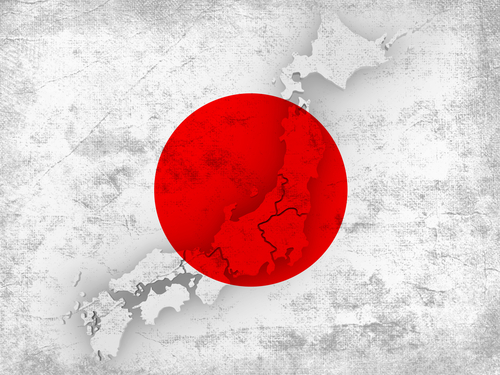China Urges Japan To Drop Chip Export Restrictions

Minister hits back and says China is “strongly dissatisfied with” Japan’s decision to halt the export of chipmaking equipment
Beijing continues to complain about the US-led effort to restrict China’s growth in the chip business with strict export controls.
Chinese Commerce Minister Wang Wentao in a statement on Monday urged Japan to halt its semiconductor export controls, calling it a “wrongdoing” that “seriously violated” international economic and trade rules.
In April China had called on the World Trade Organisation (WTO) to scrutinise US-led technology export restrictions. Chinese representatives told a WTO meeting that Japan, the Netherlands and the United States should report their plans and subsequent measures to the body.
![]()
China restrictions
The US has previously said its actions relate to national security grounds and should not be subject to review by the WTO.
In April Beijing access to advanced semiconductor manufacturing equipment was officially blocked, after Japan joined the United States and the Netherlands when it said it would restrict exports of 23 types of semiconductor manufacturing equipment going forward (without naming China directly).
The US had announced its sweeping export controls for semiconductor manufacturing equipment in October 2022, and the Netherlands had announced in early March that it too would restrict the export of the chip making kit to China.
The US, the Netherlands and Japan are the only three countries home to manufacturers of advanced machines to print microchips.

The Netherlands of course is home to ASML Holding, which dominates the market for lithography systems used to create chips’ minute circuitry.
Japan meanwhile is home to major chip equipment makers such as Nikon and Tokyo Electron.
And the country is seeking to take advantage of the move, after the chip equipment industry association SEMI noted recently that Japan is expected to sharply increase its spending on semiconductor equipment.
Strongly dissatisfied
In a statement on Monday, China’s commerce ministry quoted its minister Wang Wentao as saying that he is “strongly dissatisfied with” Japan’s decision, which he said violated international economic and trade rules.
Wang Wentao said he hopes Japan will “correct its perception of China.”
China’s latest condemnation was made during talks between China’s Wang Wentao and Japanese Trade Minister Yasutoshi Nishimura on 26 May at the Asia-Pacific Economic Cooperation (APEC) conference in Detroit.
It was the second time in a week that China’s commerce ministry has hit out at Japan’s decision. On 23 May for example, China had called on Japan to “immediately” stop the export restrictions and said China would take measures to defend its interests.
Beijing has also retaliated by banning the sale of American chipmaker Micron’s products to Chinese companies working on key infrastructure projects, claiming they pose a “major security risk”.
At the recent G7 summit, the member countries (Canada, France, Germany, Italy, Japan, the United Kingdom and the United States) had made their most detailed articulation of a shared position on China to date.
The G7 stressed the need to co-operate with the world’s second largest economy (China) but also to counter its “malign practices” and “coercion.”
China’s Wang said China “firmly opposes” the G7 statement on the country.
With Japan onboard with the US restrictions, China will no longer be able to access advanced chip making equipment, and will have to rely on its domestic capabilities to bolster advanced chip production.
ASML recently revealed that it had suffered a data theft of its IP – by a former employee located in China.
It is understood that the data that was misappropriated involved documents.